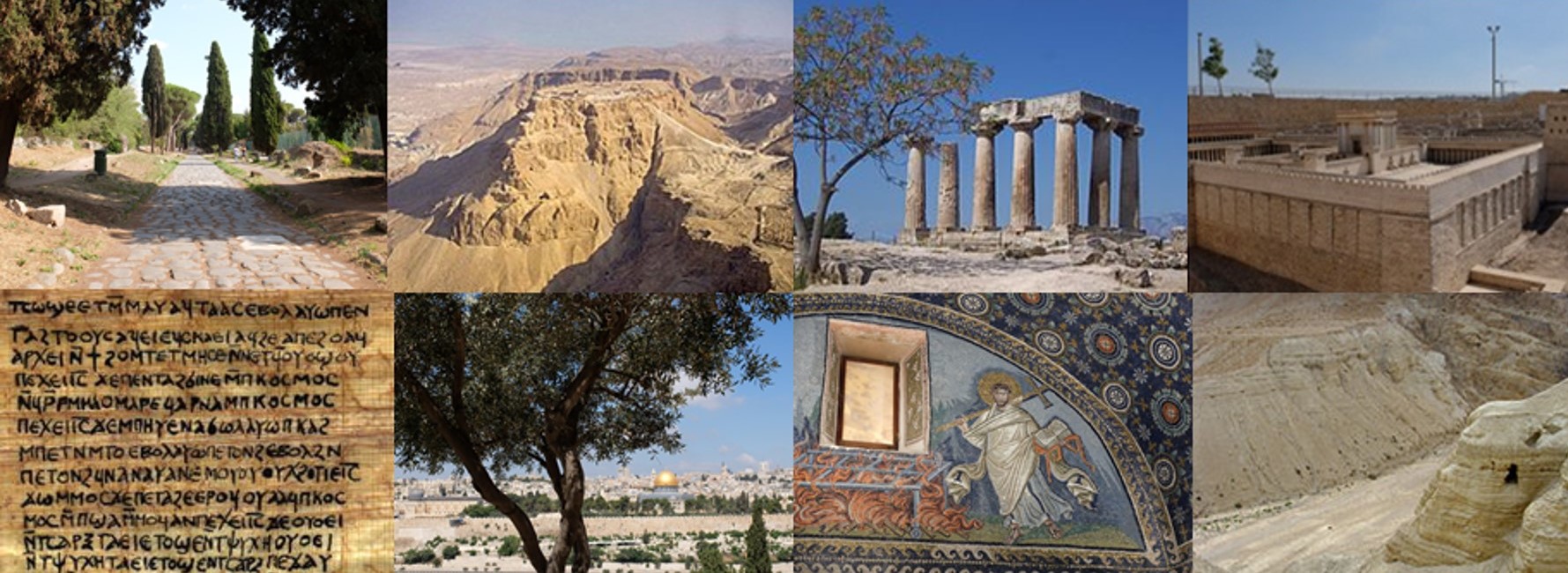BNTS Meeting 2025 at the University of Manchester
Mon 1 Sept–Wed 3 Sept 2025
Click here to download the 2025 BNTS Conference Programme Book
Plenary papers:
Helen Bond, University of Edinburgh, ‘Luke’s Rewriting of Matthew’s Birth Narrative’
Panel: ‘Decolonising New Testament Studies’
David Horrell, University of Exeter
Sofanit T. Abebe, Trinity College, Bristol
Olabisi Obamakin, Durham University
Gifford Rhamie, Newbold College
U-Wen Low, University of Birmingham
Benjamin Wold, Trinity College Dublin, ‘Debt, Hunger, and the Inversion of Forgiveness in the Matthean Lord’s Prayer in light of 4QInstruction’

